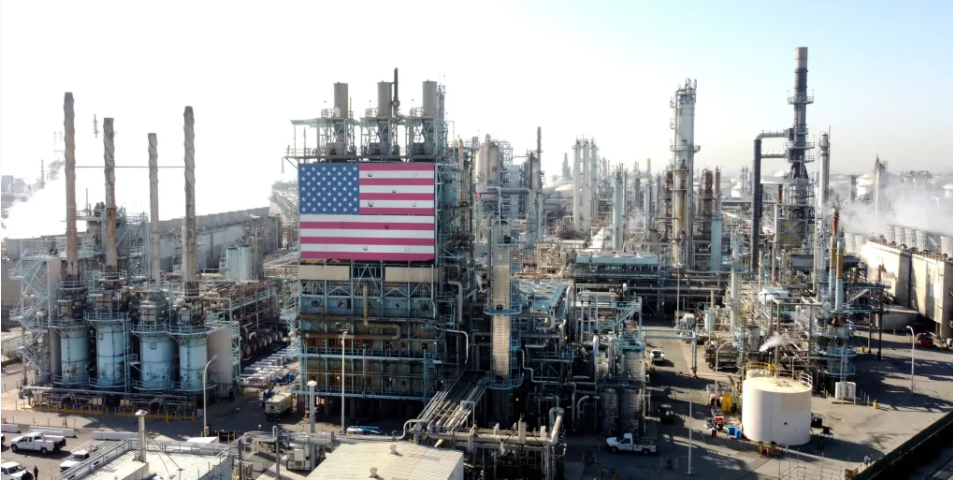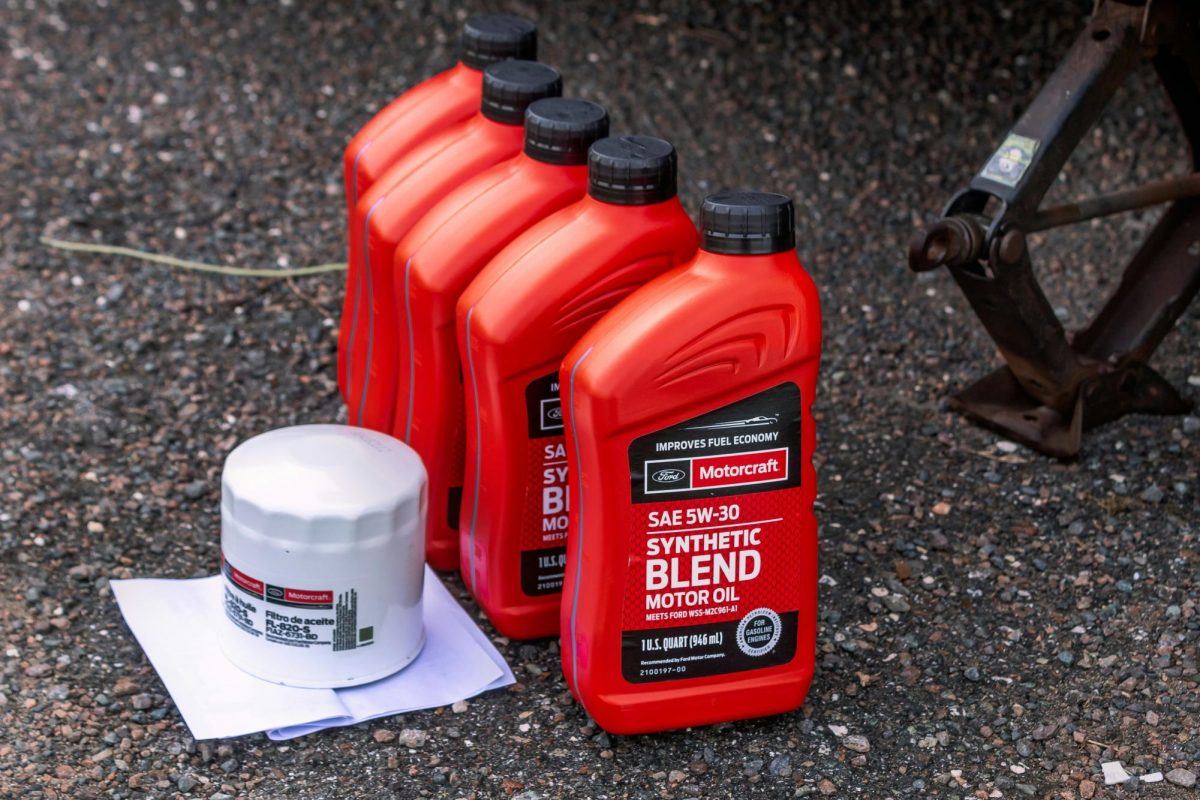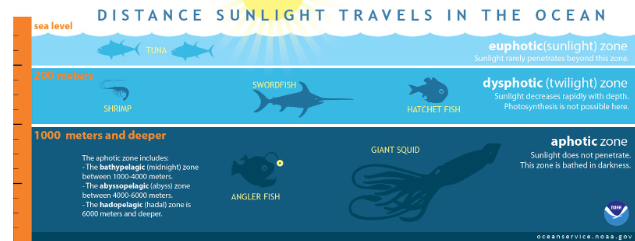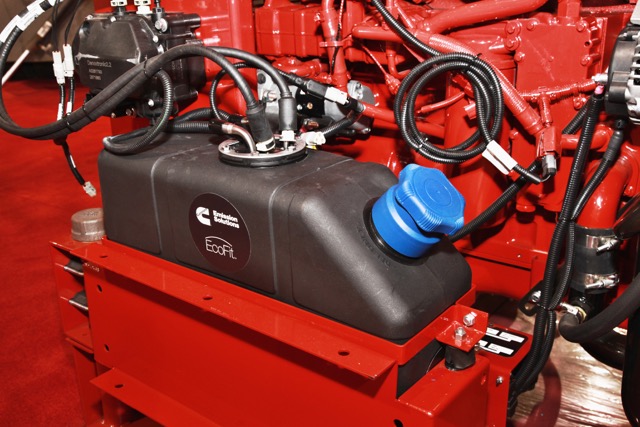The EPA, otherwise known as the Environmental Protection Agency, continues to tighten down laws on NOx emissions, handing out fines in large numbers. They have done it again, now handing out a 1.7 billion dollar fine to a popular diesel engine company, Cummins.
This fine has been handed out to Cummins because of the fact that they had programmed the ECM, also known as the Engine Control Module to identify when a scan tool was plugged in for emissions testing. As the ECM is responsible for managing how the engine runs, it would re-tune the engine in a way that it passed emissions testing when it sensed a testing device plugged into the vehicle. The engine would then revert back to its original tune after the tool was removed.
Was it wrong for Cummins to do this? Absolutely, though at the same time, it could be that the EPA put “the cart before the horse”, what I mean by this is that they chose to eliminate the specific pollutant, NOx. What people do not realize is that in the attempts to remove NOx emissions, you lose mileage, power, and end up increasing other emissions, leaving engine manufacturers no other choice but to find ways to get by emissions tests.
Biodiesel Education, by the University of Idaho further explains the increase of other pollutants in an effort to reduce NOx emissions, they refer to this phenomena as “NOx-particulate trade-off”. Many changes have to be made in order to reduce NOx emissions, these involve injection timing, and injection pressure, when these changes are made, it reduces NOx emissions at the cost of significantly increasing soot emissions.
So how does all of this really affect you? In the future, you could see the prices of these diesel trucks being significantly higher due to even tighter emission regulations, requiring more expensive equipment being installed in the trucks. Alongside this, you will end up paying more for maintenance and fuel, as the systems such as the EGR, otherwise known as the Exhaust Gas Return are expensive systems that are common for failing, and then requiring replacement.
“It’s definitely something to think about as a consumer, it’s a difficult choice when it comes to losing power or following the rules of emissions”, stated Senior Samuel Torres.
How will you end up paying more for fuel? The answer is really that with all of these emission devices, the engine has to work substantially harder to reach the same level of performance an engine without emission systems would. The exhaust and intake are both very restrictive, requiring the intake to re use exhaust gasses, and the exhaust system being made up of traps and DEF systems. This is the reason for the lower power and mileage seen in modern trucks.
So, while Cummins has certainly attempted to evade the emissions regulations, the question still stands of if the EPA is not approaching this problem correctly, as these restrictions cause a great loss of power, mileage, and increase other types of emissions. Cummins is not the only one to have come under the EPA’s radar, as Volkswagen had to pay 14.7 billion dollars in fines to the EPA for cheating the emissions test in a similar way in 2015.
The EPA’s testing system seems to be flawed, because to achieve these testing standards a great increase in soot as well as a decrease in power and mileage will be present. The problem is not Cummins, Volkswagen, or any other diesel manufacturer, the EPA and engine manufacturers have to work together in an attempt to reduce pollution. The EPA’s flawed testing standards result in large numbers of complications, these standards need to be revised as engine manufacturers cannot reduce this pollutant without substantially increasing other pollutants emitted.
“Its an important topic that needs to be addressed and as a consumer I better do my research before buying a model diesel”, stated Senior Samuel Torres.






































